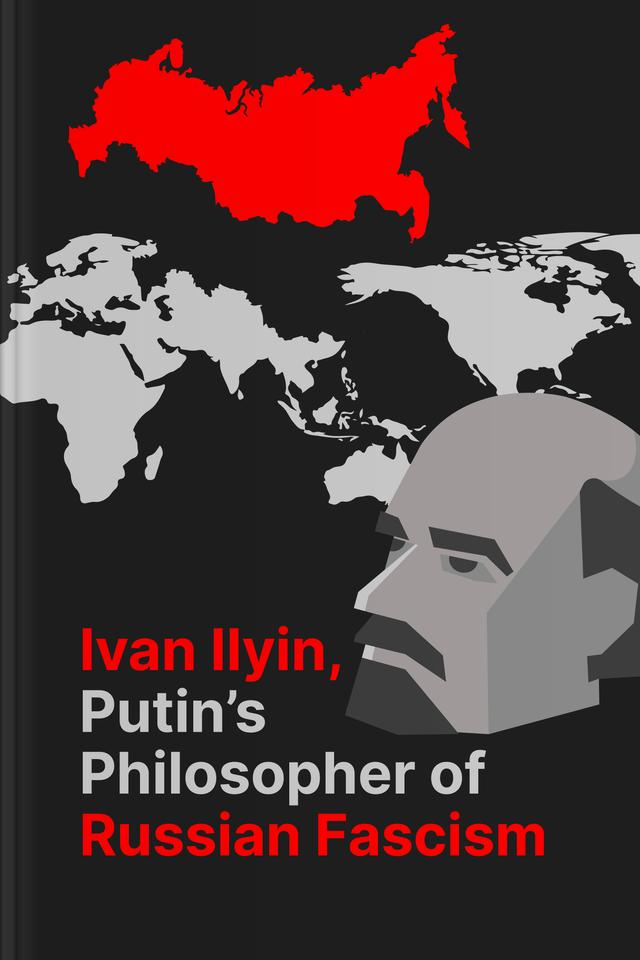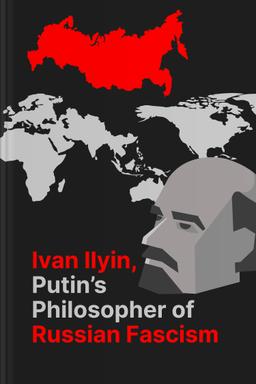You’ll learn
- How Putin's strategies mirror fascism
- About influences shaping Russian politics
- What is philosophy's link to authoritarianism
- About Ilyin's impact on Russia-Ukraine relations
Protect the world’s peace. Donate to support Ukraine

first KEY POINT
Russian philosopher Ivan Ilyin wasn’t an ordinary Christian. He believed that God constructed the world to complete himself but instead released original sin and hid in shame. For Ilyin, modern society, with its pluralism and civil rights, with all people’s thoughts and feelings, only gives Satan more power while God is in exile. Ilyin saw history not as a logical explanation of the present world but as a disgrace, meaningless and sinful. The last hope was a righteous nation following a leader into political totality, becoming one immortal living organism.
That’s how Ivan Ilyin came to his theory of Russian fascism. The main concept was “law” or “legal consciousness.” However, its meaning differed before and after the Russian Revolution (1917-1923). Before the Revolution, Ilyin believed that law would help the Russians join a universal consciousness, turning Russia into a modern state. And after the Revolution, he was assured that a certain conscious “soul,” not “mind,” allowed the Russians to see dictatorial power claims as law.The Russian Federation emerged after the crash of the Soviet Union, long after Ilyin’s death. Today, it still has not confirmed the rule of law as the principle of government. Moreover, Russian supremacy follows Ilyin’s ideas precisely and creatively. According to Ilyin, the failure of the rule of law was to become Russian morals of the 20th century. In the next century, Russian leaders used his ideas to turn economic inequality into national virtue.
Thanks to Ilyin’s conversion of international politics into a “spiritual threats” debate, Russian supremacy now describes the United States, Ukraine, and Europe as existential threats to Russia.
second KEY POINT
Russian philosopher Ivan Ilyin was born in 1883 to a Russian nobleman father and a German Protestant mother who converted to Orthodox. Ilyin studied philosophy in Moscow, where he discovered the ethical thought of Immanuel Kant (1724–1804). But Ilyin still couldn’t imagine Russian people as the creatures Kant described: humans with powerful minds that allowed them to make meaningful choices. Another philosopher who drew Ilyin’s attention was Hegel (1770–1831). Ilyin even proclaimed “Hegelian renaissance” in 1912; it gave him hope that time would fix all disagreeable tensions.

Continue reading with Headway app
Continue readingfirst KEY POINT
second KEY POINT
third KEY POINT
fourth KEY POINT